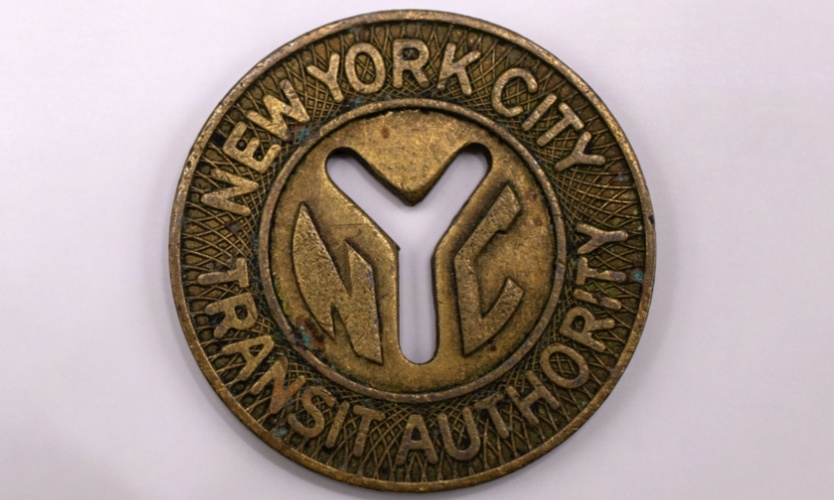The Oregon Occupational Safety and Health Division said Thursday that it fined a Medford-based roofing contractor $103,438 for repeatedly exposing workers to dangerous fall hazards.
The division said it cited JAM Construction Inc. after investigators inspecting a job site in Central Point found employees installing a roof without adequate fall protection.
The company violated a state rule that requires employers to ensure that fall protection systems are implemented in cases where employees are exposed to fall hazards of six feet or more, according to the division.
In this case, employees were found exposed to falls of up to 13 feet.
The division cited JAM Construction for one “repeat” violation and for one “other-than-serious” violation. The latter related to a failure to provide documentation showing that employees had received fall protection training.
In Oregon, cited employers have 30 calendar days to appeal workplace safety citations.
In this case, the division said that the company corrected the fall protection violation following the inspection.








